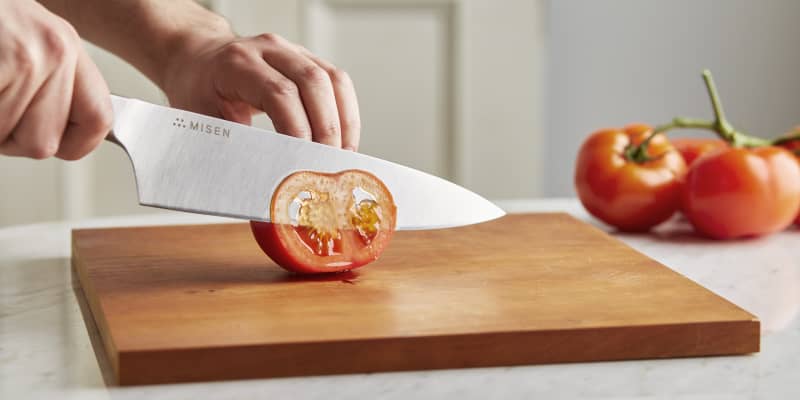The legacy of German knives is as sharp and precise as the blades themselves, and the german knife history is a fascinating journey through time. For kitchen professionals and culinary enthusiasts alike, understanding the roots of these iconic tools can enhance their appreciation and utilization of these essential kitchen companions. This article delves into the origins and evolution of German knives, highlighting how they have become a staple in kitchens worldwide.

The Origins of German Knives
The history of German knives dates back to the Middle Ages when blacksmiths in regions like Solingen began crafting swords and blades for knights. Solingen, now known as the 'City of Blades,' was pivotal in establishing Germany's reputation for superior knife craftsmanship. The skills honed in forging weapons seamlessly transitioned into the creation of high-quality kitchen knives.
The Rise of the German Knife Industry
During the 19th century, German knife-making flourished with the advent of industrialization. Factories in Solingen and other regions began mass-producing knives, blending traditional handcrafting techniques with modern machinery. This period saw the emergence of iconic brands like Wsthof and Zwilling J.A. Henckels, which are still revered today for their quality and durability.
German knives are celebrated for their balanced design, with a full tang construction that ensures stability and control. The use of high-carbon stainless steel not only provides a sharp edge but also enhances the knife's longevity. This combination of materials and design principles has made German knives a favorite among professional chefs and home cooks alike.
German Knives in Modern Kitchens
Today, German knives are synonymous with quality and precision. They are a staple in both professional kitchens and households around the globe. The continuous innovation in knife design, such as ergonomic handles and advanced blade technology, has kept German knives at the forefront of culinary tools.
For those who want to maintain the quality of their German knives, it's essential to follow proper knife care tips. Regular sharpening and correct storage can significantly extend the lifespan of these invaluable tools. For more insights into maintaining your knives, you can explore German knife care tips.
The Distinctive Features of German Knives
German knives are known for their distinctive features, which include a thicker blade and a heavier design compared to their Japanese counterparts. The blade's bolster provides added weight and balance, making it ideal for tasks that require precision and force, such as chopping and slicing dense vegetables or meats.
One of the standout features of German knives is their versatility. Whether you're using them for intricate tasks or heavy-duty chopping, German knives deliver consistent performance. This adaptability makes them a top choice for kitchen professionals who demand reliability and efficiency in their tools.
Comparing German and Japanese Knives
For those curious about the differences between German and Japanese knives, it's important to note that both have their unique strengths. While German knives are praised for their robustness and durability, Japanese knives are often favored for their lightweight and razor-sharp edges. To delve deeper into these differences, you can read more about German knives.
Conclusion
The rich german knife history is a testament to the artistry and precision that goes into crafting these essential kitchen tools. From their medieval origins to their modern-day prominence, German knives have remained a symbol of quality and craftsmanship. For kitchen professionals, investing in a German knife is not just about acquiring a tool; it's about embracing a legacy that continues to influence culinary arts worldwide.

Frequently Asked Questions
What makes German knives unique?
German knives are unique due to their robust design, full tang construction, and use of high-carbon stainless steel, which provides excellent durability and a sharp edge.
How should I maintain my German knives?
To maintain your German knives, regularly sharpen them using a whetstone and store them properly to avoid damage. You can learn more about proper maintenance from using a whetstone.
Are German knives suitable for professional chefs?
Yes, German knives are highly regarded among professional chefs for their balance, durability, and versatility, making them suitable for a wide range of culinary tasks.


























